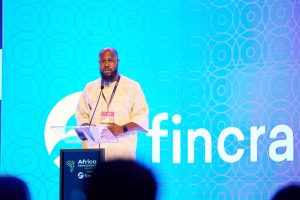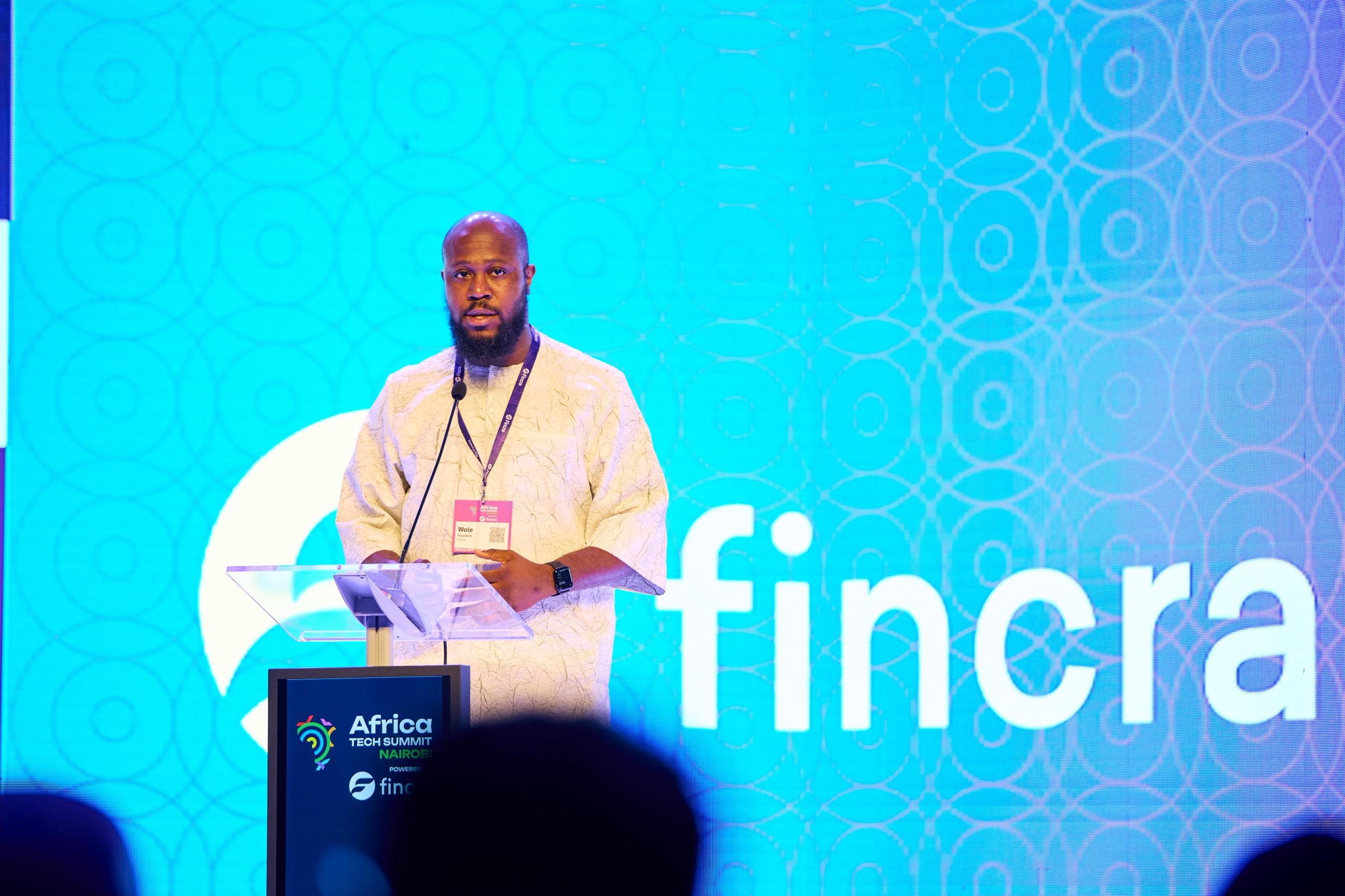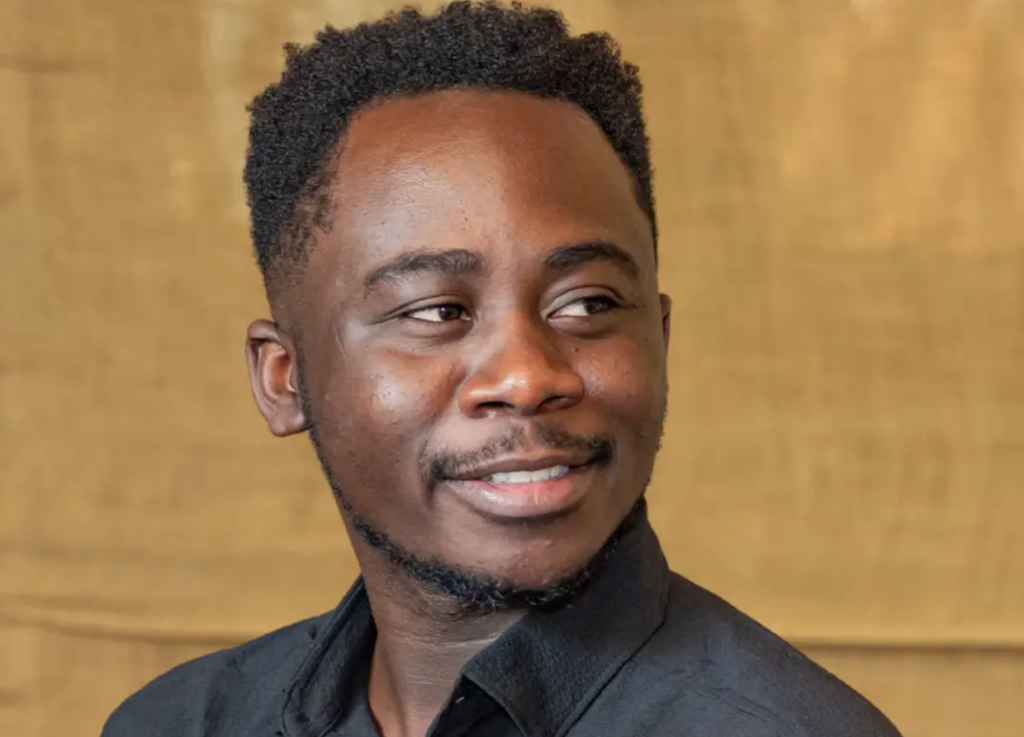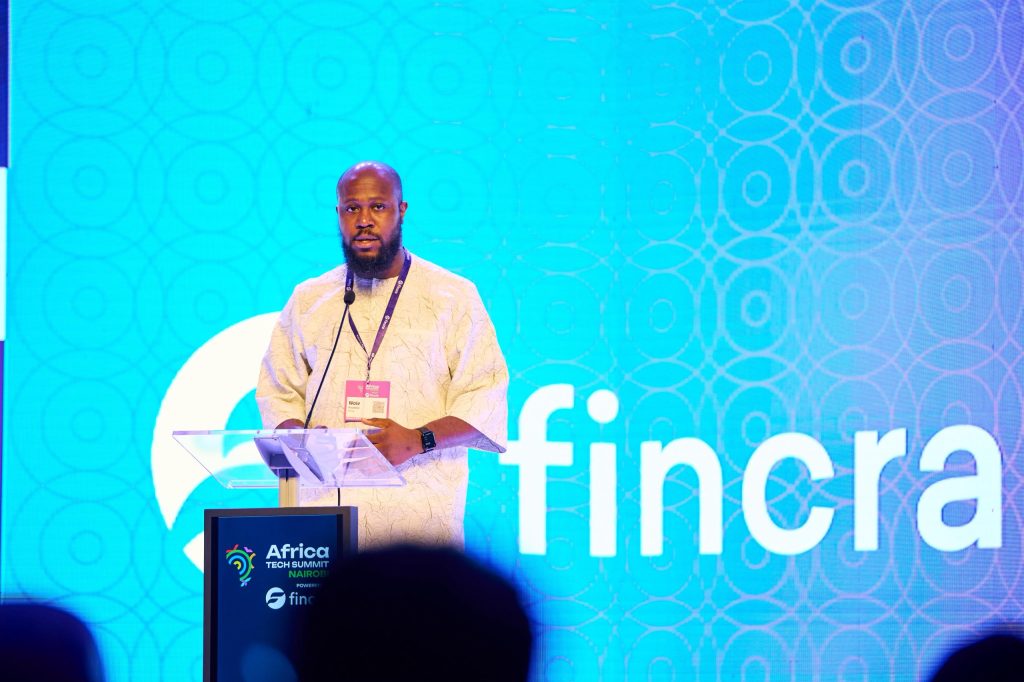
23 || October || 2024
View in BrowserBrought to you by

Issue #77
Old School TechNew School Impact
Greetings ET people 🖖🏾
Few grass-to-grace stories in tech will make your heart skip with joy like this one.
For this edition, we spoke with Ugi Augustine Ugi, a big shot solutions architect partnering with the Cross River state government to build the future of tech in the state. The interview ran for nearly two hours and it didn’t feel like a bore.
If you’ve ever wondered what it was like to be a tech bro in the early 2000s—when access to learning was limited, and entry-level courses were expensive—and then go on to build one of the top computer training facilities in Cross River State, you’re about to find out.
Emmanuel Nwosu & Timi Odueso
Old school tech and where it began
“I see myself as an old-school techie who had to understand how modern technology works to compete. Building websites, for example, was done differently ten years ago.”
Those were the words Ugi Augustine would use to end the nearly two-hour interview in which he walked me through glimpses of his large life. Born in Obudu and raised in Calabar, Cross River State, Ugi was always curious about how things worked. A career in medicine had appealed to him and his family, but tech won him over, thanks to a lab technician who spurred his interest.
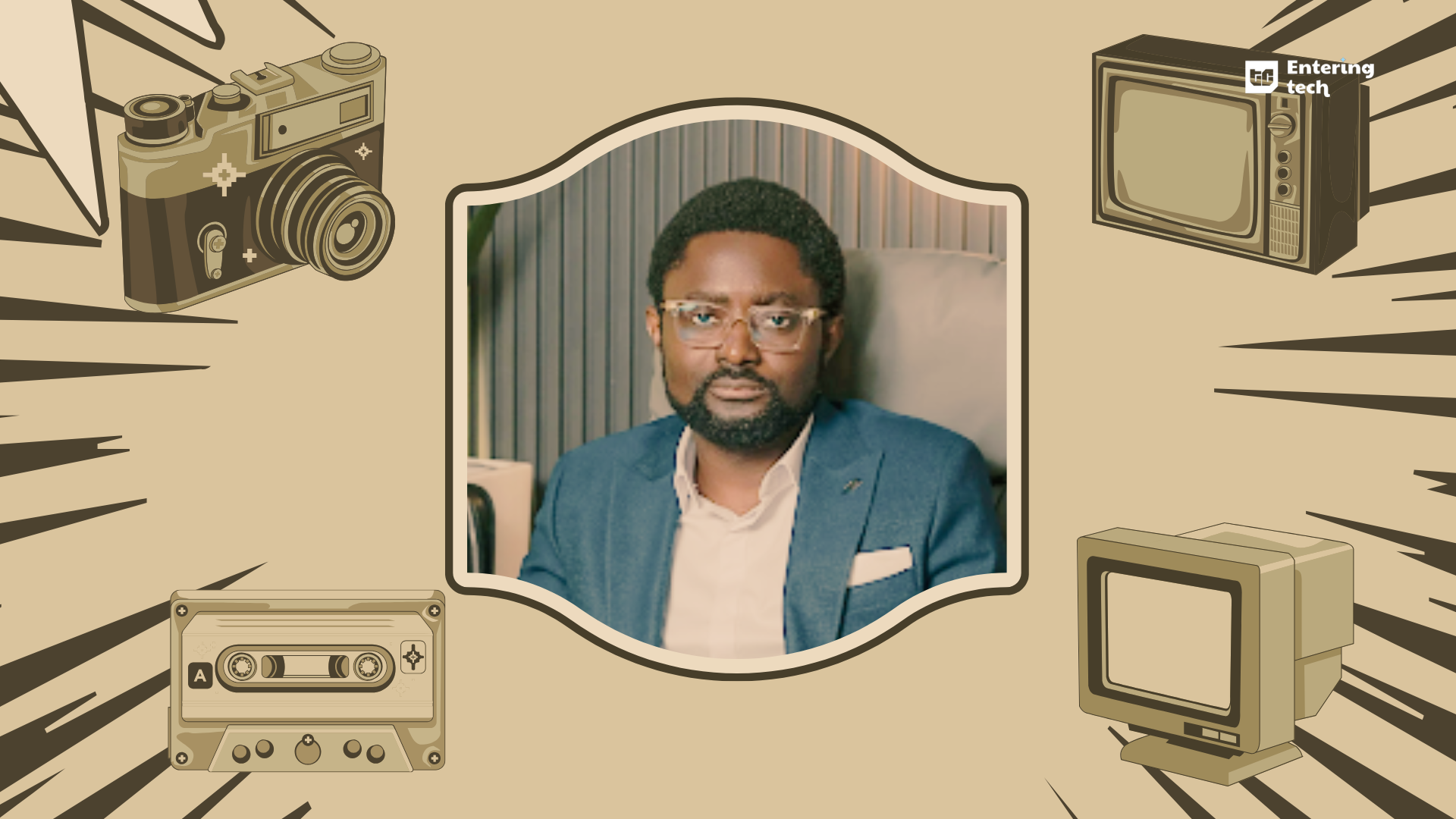
MTN had built an IT lab in his high school and one fateful day, this lab technician came around to do some maintenance job on the servers. Ugi, being the lab prefect, had access to the technician and watched closely as the technician worked and answered his barrage of questions, explaining how the systems functioned and what they were used for.
“I asked a lot of questions about what those servers were. He tried to explain but I don’t think I understood him.”
That short conversation left an indelible impression on Ugi. It wouldn’t take long before he abandoned his dream of medicine to pursue tech.
*Newsletter continues after break
#HerMoneyHerPower

The She Tank & BellaNaija’s #HerMoneyHerPower campaign has sparked a national conversation, and we’re here for it! PwC Nigeria says closing the gender equality gap could increase Nigeria’s GDP to $229 billion by 2025. A stronger Nigerian economy starts with women’s economic power. Learn more here.

From Calabar to Middlesex
Ugi’s first foray into tech was through a tech-ish adventure. In 2006, shortly after finishing high school, he found an e-commerce course that taught how to sell goods online.
The fee was ₦200,000 but a scholarship reduced it to ₦140,000 ((fun little trivia: ₦140,000 in 2006 is about ₦ 1.1 million today). Yet, that amount was still too high for Ugi to pay for his tech dreams. Open courses were not available then, which made it harder to learn for free online.
“My parents had a combined monthly salary of ₦6,000 ($47 in 2006; Nigeria’s minimum wage at the time was ₦5,500.) Paying for a ₦140,000 course was a no-no. They only wanted me to go to university.”
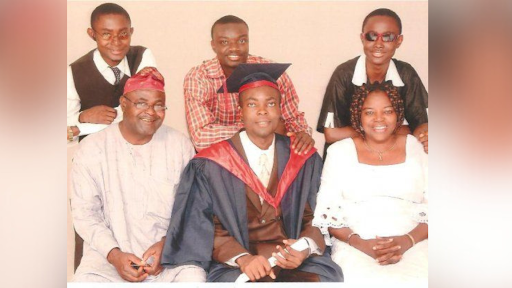
Yet, Ugi did something remarkable—his GOAT story was using his dad’s phone to win ₦20,000 on the Who Wants to Be A Millionaire TV game show. He gave his dad ₦5,000 from his winnings and used the rest as a down payment for the course. He later sold computer software apps, earning enough to pay the remaining fees.
He finally got another opportunity to study Software Development at the National Institute of Information Technology (NIIT), a computer training school in many parts of Nigeria.
Ugi completed his software development program at NIIT before joining Hot-Minet, an IT services company in Calabar, for three years as an intern. In 2012, he found his way to Middlesex University in London, UK, to study Business Systems and IT, sponsoring his studies from his own pocket.
The whole time he was at Hot-Minet, Ugi had been working on tech projects on the side and had come into some money.
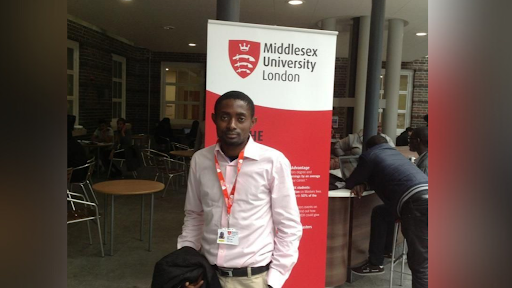
When Ugi returned to Nigeria, he started several businesses, including GTCO Calscan, an agency that provides software development, design, and marketing services. He later left to start Nugi Technologies, which eventually stuck.
*Newsletter continues after break

On building global tech talents
Ugi started Nugi Technologies, a computer training and tech service provider in Calabar, in 2014 with a clear goal—to create opportunities for young Africans in tech.
“If you place Nigerian engineers side-by-side with those from India, the Nigerian engineers will likely win. They don’t have more skilled engineers in India than in Nigeria, we’re just bad at developing our talents,” he said.
Take it from a man who has spent a better part of his career working with engineers and clients from all over the world.
His own journey into tech wasn’t straightforward, no thanks to the lack of access to open courses that techies in this era enjoy. You can get started with learning almost anything online for free without paying a dime. Old-school tech bros didn’t have this luxury.
Ugi’s philosophy is to invest in people, which is why Nugitech started sponsoring its top students for international studies on the condition they return to work for the company.
For Ugi, he sees the work he does as building tech talents that can stand toe-to-toe against furnished Ivy League CVs and work at the best companies. His fondest example, Emmanuel Etti—who used to work at Nugitech and was its first CTO—is now a Lead Software Engineer at global tech giant IBM.

“I see myself as a door opener for others because I found it difficult to get through doors early in my career.”
Ugi also talks about his work as a solutions architect in Cross River State—one of his company’s clients—to build the country’s biggest tech hub.
“We won the Most Innovative State award with one of the best interactive websites. As a solutions architect, I offer tech solutions to companies—especially big companies—that want to adopt tech.”
A lot goes into becoming a solutions architect. For a starter, you need software engineering skills. Ugi also says his project management, design, and quality assurance skills come in handy when he’s about his work.
While we had this conversation, Ugi’s passion for his state struck me more than his achievements—returning to Nigeria, building a computer training facility, sponsoring talents from his state to schools abroad—I asked myself, “Why does anyone do what they do? Why does Ugi do what he does?”
Only one answer came to mind: commitment.
P.S: Did you like this edition of Entering Tech? Would you like more like this or less? Share your thoughts by responding to this newsletter or sending an email to newsletter@techcabal.com.
*Newsletter continues after break
Share your Moonshot 2024 Feedback!

Help us understand what worked well at Moonshot 2024, and how we can make Moonshot even better next time.
Moonshot is all about connecting visionary thinkers, innovative startups, and game-changing leaders to solve Africa’s most pressing challenges. Your insights will help us continue curating meaningful sessions, engaging workshops, and networking opportunities that make a real impact. Share your feedback now.

Jobs
- Platos Health – Product Marketing Manager – Lagos, Nigeria
- CredPal – Mid-level Backend Developer – Lagos, Nigeria
- Flutterwave – Backend Engineer, Frontend Engineer, Compliance Officer – Hybrid (Lagos, Nigeria)
- Jobberman Nigeria – Digital Marketer – Lagos, Nigeria
- KPMG Nigeria – Strategy Consultant – Abuja, Nigeria
- Renmoney – Growth Manager, Head of Legal & Compliance, Head of Contact Centre – Lagos, Nigeria
- Nosmas – Full stack Developer – Lagos, Nigeria
- Earnipay – Digital Marketing Specialist, Content Marketing Specialist – Hybrid (Lagos, Nigeria)
- Paystack – Finance and Strategy Specialist – Lagos, Nigeria
- Qore – Product Manager – Lagos, Nigeria
There are more jobs on TechCabal’s job board. If you have job opportunities to share, please submit them at bit.ly/tcxjobs.
Disclaimer: TechCabal is not affiliated with or associated with jobs and opportunities listed on all its job boards and newsletters. All applicants bear the responsibility of researching about the roles and companies they apply to.
If you’re interested in kicking off your career in tech, here’s a list of job boards that regularly upload their platform with African tech jobs.
The TechCabal Job Board
No longer want to receive these emails? Unsubscribe here















